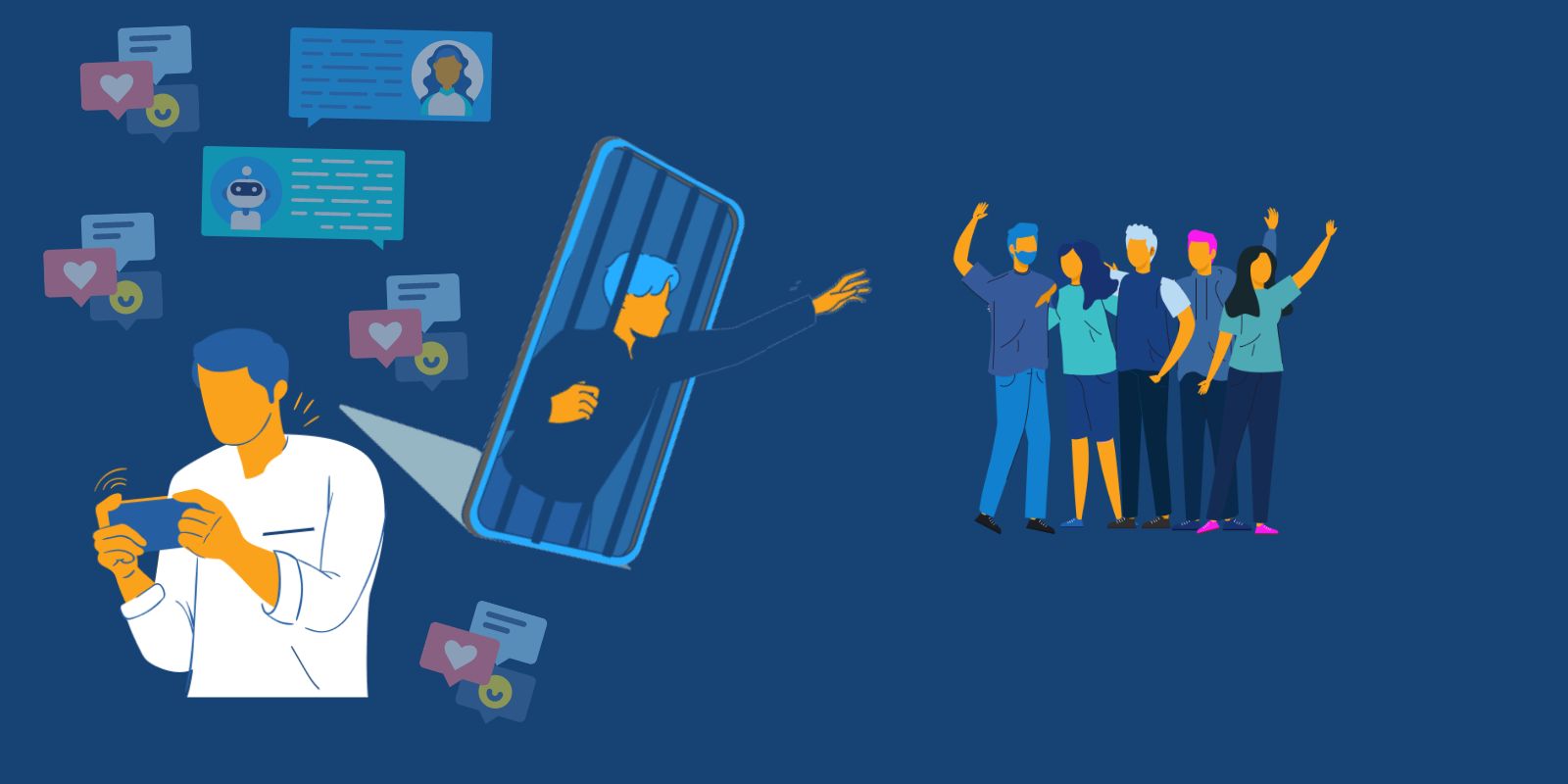In today’s digitally driven world, social media addiction has emerged as a significant challenge, affecting individuals’ mental health, relationships, and productivity. A recent study by Durham University psychologists Michael Wadsley and Niklas Ihssen revealed that heavy social media users, when deprived of social media for a week, reported feeling fewer negative and positive emotions, less boredom, and reduced loneliness. However, the study also found that most participants relapsed at least once, suggesting that social media use, especially among heavy users, may not be addictive in the traditional sense but can still lead to compulsive behaviors.
Key Highlights:
- Similar to other behavioral addictions, social media can trigger dopamine release, creating addictive behavior.
- Up to 10% of Americans might suffer from social media addiction.
- Social media platforms design their content to be addictive, tracking user activity and customizing feeds.

The Allure of Social Media: Understanding the Addiction
Social media addiction is akin to other behavioral addictions, where the release of dopamine in the brain creates a reward pathway, fostering compulsive behavior. This addiction is characterized by excessive time spent on social platforms, neglecting real-life interactions, compulsive checking, withdrawal symptoms, and a negative impact on daily life, including productivity and personal relationships.
The Impact on Mental and Emotional Health:
Excessive social media use can lead to feelings of inadequacy, anxiety, and depression, primarily due to constant exposure to others’ curated lives, contributing to low self-esteem and negative self-image. Cyberbullying and online harassment prevalent on these platforms can further exacerbate mental health issues.
Breaking Free: Strategies for Digital Detox:
To combat social media addiction, it’s essential to recognize the need for a digital detox, create healthy boundaries, and develop alternative coping strategies. This involves setting limits on social media use, establishing “no-phone” zones, and engaging in activities like exercise, meditation, or pursuing hobbies. Support from friends and family, as well as professional help, can be beneficial in overcoming this addiction.
Continuing the Journey: Additional Insights for Managing Social Media Addiction
In addition to the aforementioned strategies, it’s crucial to also focus on enhancing self-awareness and emotional intelligence. Understanding personal triggers that lead to excessive social media use, such as stress, loneliness, or boredom, is vital. Engaging in self-reflection and mindfulness practices can help in identifying these triggers and developing healthier responses.
Building a supportive community, both online and offline, can also aid in reducing the dependency on social media for emotional fulfillment. This could involve more in-person interactions and participating in group activities that align with personal interests and values.
Overcoming social media addiction requires a conscious effort to understand its impact and take proactive steps towards digital wellness. By recognizing the signs, creating healthy boundaries, and finding healthier coping mechanisms, individuals can navigate towards a more balanced and fulfilling digital life.

















